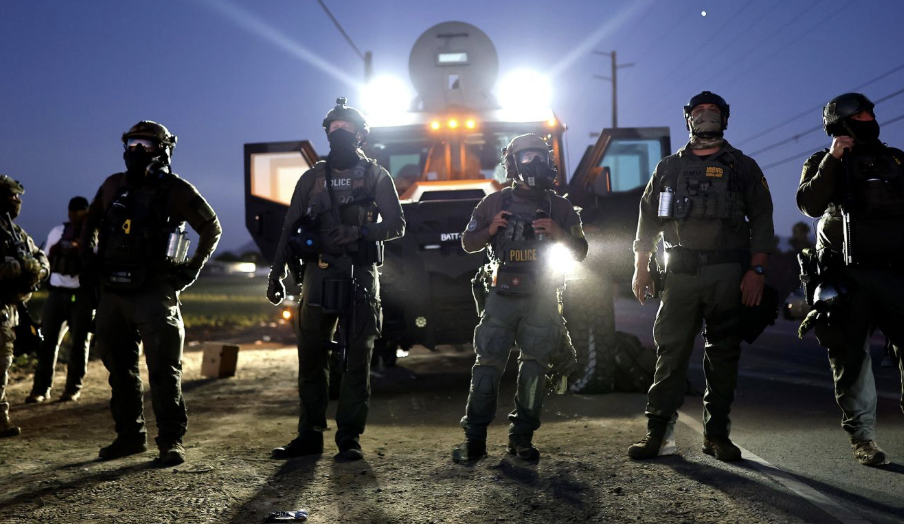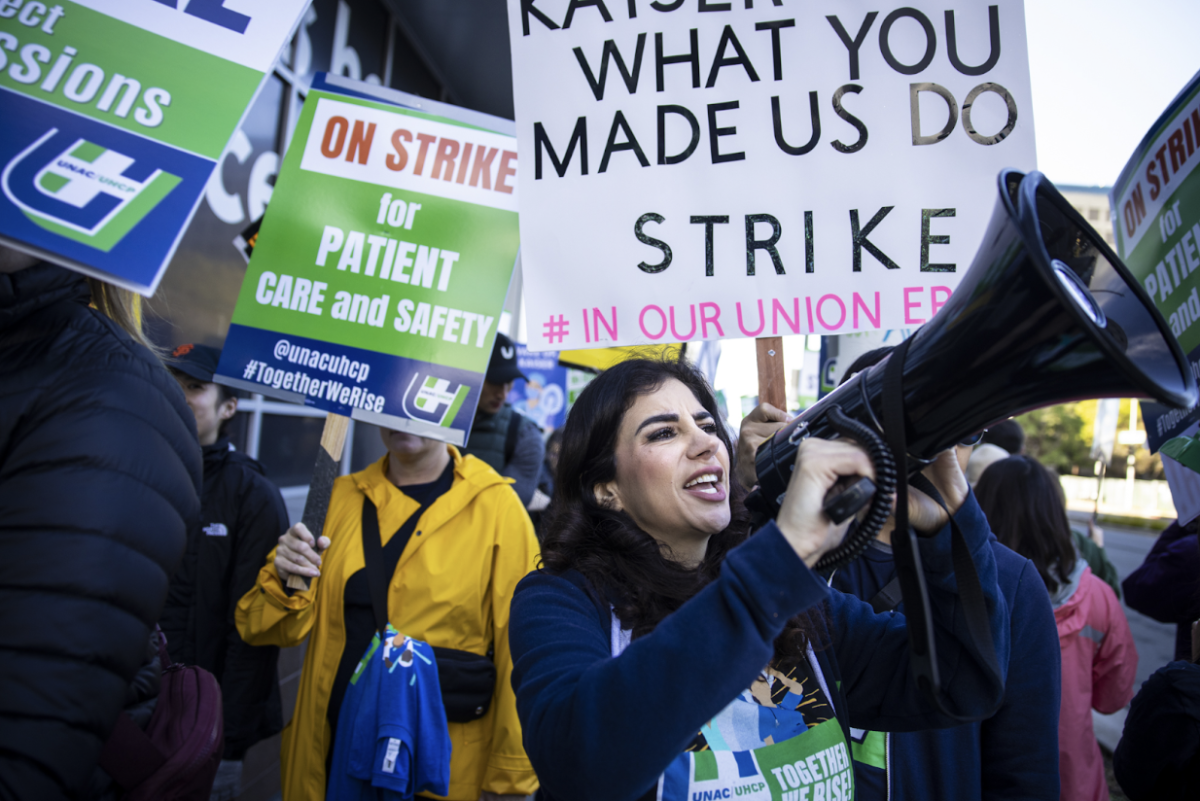On September 8th, in a 6-3 decision, the U.S. Supreme Court ruled that Immigration and Customs Enforcement (ICE) may rely on racial profiling in certain enforcement actions. The conservative majority argued that immigration enforcement requires broad discretion and that federal authority outweighs concerns of racial bias in this context. The three liberal leaning justices, Sonia Sotomayor, Elena Kagan, and Ketanji Brown Jackson, dissented sharply, warning that the ruling erodes constitutional protections against discrimination and risks legitimizing racial targeting. The decision immediately sparked national controversy, with civil rights groups and immigrant advocates condemning it as a dangerous precedent.
According to the Congressional Research Service, the case arose after individuals in several states challenged ICE practices, claiming that enforcement disproportionately affects people of certain racial and ethnic backgrounds.
“Racial profiling is incredibly dangerous, unfair, and sets society back. Not only does it create distrust but it harms multiple communities, it’s just disappointing to see,” said CHS junior, Shaya Bakhshi.
Lower courts had been divided, with some striking down the practices as unconstitutional while others upheld them as within federal power. By siding with ICE, the Supreme Court effectively settled the question in favor of enforcement, narrowing the scope of equal protection claims in immigration cases. The dissenting justices argued that the ruling distorts the Fourteenth Amendment’s guarantee of equal treatment and undermines decades of precedent aimed at limiting racial profiling.
Federal and state leaders quickly responded. At the federal level, Democratic lawmakers criticized the decision, sending letters demanding ICE clarify how it would avoid unconstitutional profiling and signaling potential Congressional oversight hearings. Senators Adam Schiff and Alex Padilla denounced the ruling as a violation of civil rights.
“Racial profiling is wrong because it targets innocent people based on their race and deepens inequality in society,” said CHS junior Lauren Weintraub.
According to the City of Los Angeles and the California State Portal, The Department of Homeland Security, however, supported the decision, stating that ICE would continue its enforcement operations without restrictions. State leaders in sanctuary states reacted strongly. Governor Gavin Newsom called the ruling an “abhorrent attack on Californians” while Los Angeles Mayor Karen Bass described it as “un-American.” California passed bills limiting ICE actions in schools, hospitals, and public spaces, explicitly designed to protect residents from racial profiling. Officials in New Mexico and Oregon issued similar statements, reaffirming that state laws safeguard residents from discriminatory enforcement even in light of the Supreme Court’s decision.
Critics fear the consequences will be severe. Communities of color, particularly Latino, Black, and Asian American populations, are expected to face the brunt of increased profiling. Civil rights organizations emphasize that racial profiling has long been linked to systemic injustice, disproportionately targeting minority groups and deepening distrust between law enforcement and the public. Advocacy groups warn that this ruling may discourage immigrant families from reporting crimes, seeking healthcare, or engaging with public institutions out of fear of being singled out based on race. Legal scholars stress that the decision signals a narrowing of constitutional protections at a time when debates over race, policing, and immigration are already polarizing the nation.
Supporters of the ruling, however, contend that immigration enforcement is a matter of sovereignty and that ICE must be able to operate without excessive judicial restrictions. They maintain that the decision affirms existing federal authority and is not a blanket endorsement of discrimination. With federal oversight, state resistance, and ongoing litigation expected to continue, the 6-3 ruling has sparked a complex legal and political battle over how immigration enforcement is carried out in the United States.









